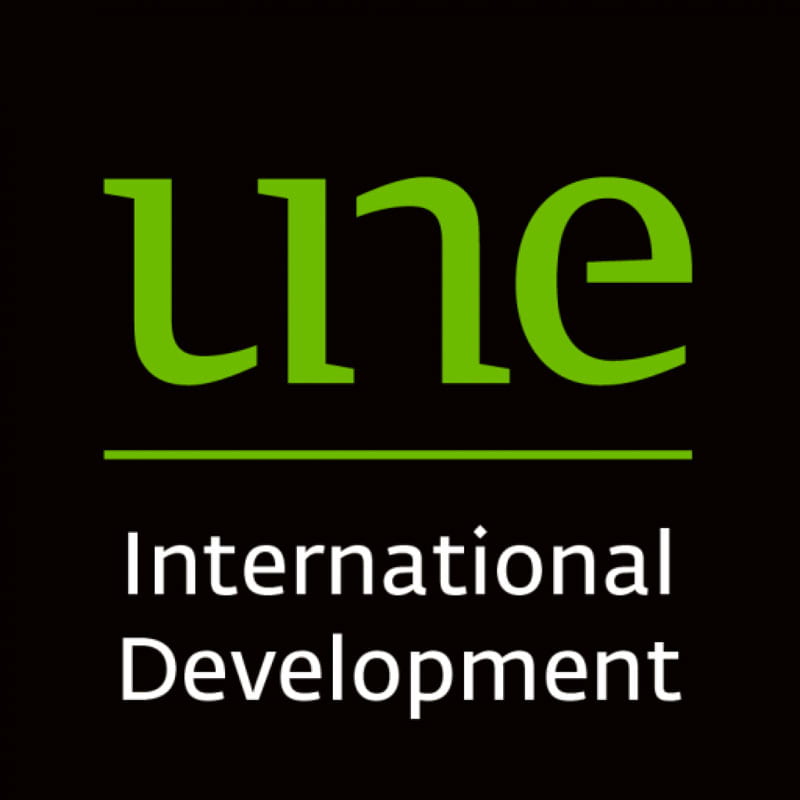(Left) Amelia and her favourite photo by Agostina Pinto. (Right) Hands and beans by Evy Cunha
“In my work, photography is an empty vessel. It needs people to tell their stories and host organisations to gather and support project participants. In teaching marginalised people, photography is what gets them in the door. It makes a connection to something else, for example, services to assist them with education, health and housing.”
Whether working with recently released female prisoners in St. Kilda, ‘at risk’ boys in Melbourne high schools, men in Victorian maximum security prisons, Timorese youth or village women in Sulawesi, UNE Adjunct Senior Research Fellow Dr Richard Jones uses photo-storytelling as a way to improve participants’ communication skills.
As in the case with these photos taken in the Dili markets in Timor, participants work together in groups to ‘story the image’, an exercise in which interpreting photos and writing up interviews with their subjects develops literacy skills.
Richard states “I don’t treat photo-storytelling as therapy, it is not deficit-driven or remedial. It is a strength-based process.”
He explains that his workshops use skills-focussed exercises where visual and technical learning triggers the development of oral and text literacies. The intrinsic benefits of acquiring new skills extends to improved self-expression, confidence and engagement in learning.
“When it comes to their photo-stories, I am not their judge. The last thing I want is that they are making images for me. It is for themselves, their families, friends and community.”
From his projects in Timor, which formed the foundation of his PhD research and the subsequent book Hadomi Rai (Beloved Country), the theme of inter-generational reciprocity surfaced in fascinating ways.
Creating and exhibiting photo-stories about older Timorese, the traditional market people, by younger members of the community was seen as way to honour and express gratitude for their sacrifices during the years of Indonesian occupation.
Richard’s PhD, Shooting the Breeze: Participatory Photo-storytelling with Young Adults in Timor-Leste, examined these experiences and earned the 2016 UNE Chancellor’s Doctoral Research Medal.
Richard has recently embarked on a project in Armidale with unmarried, male Ezidi new arrivals, using photo-storytelling to explore their experiences of inclusion and belonging as they settle into their new community.



